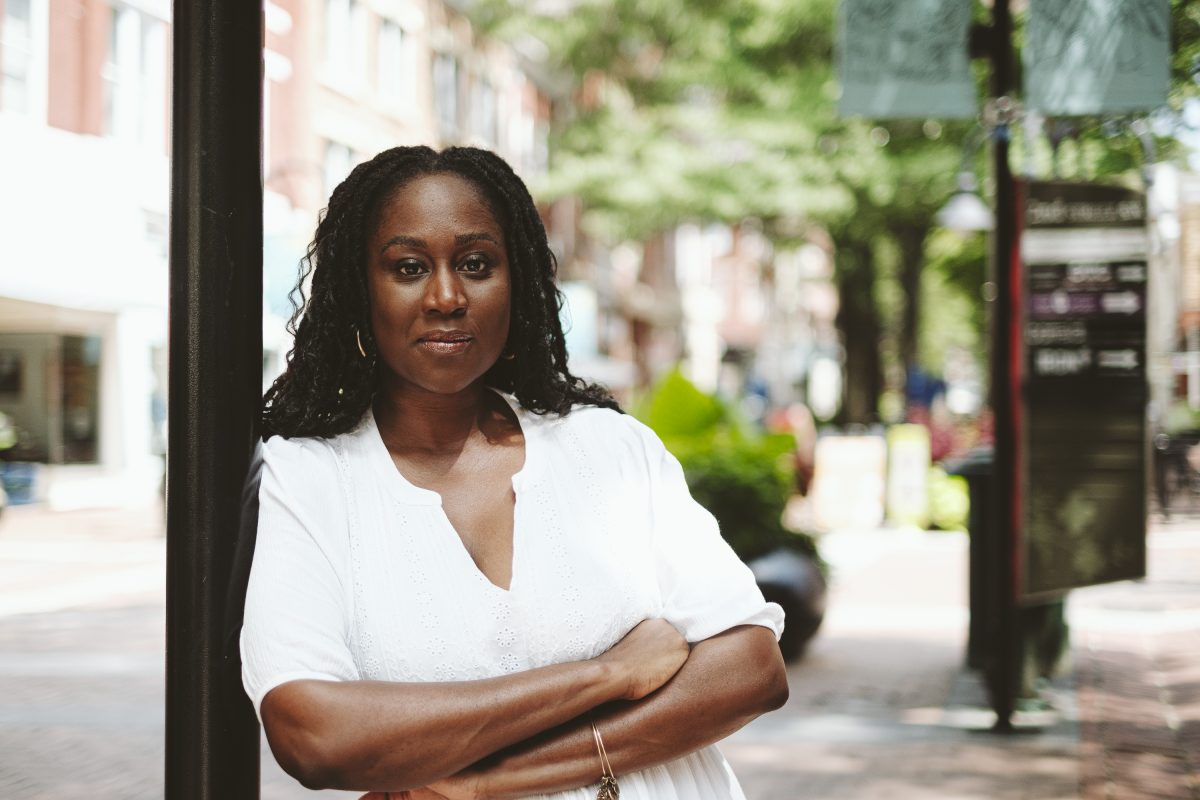In 2012, when Eboni Bugg began working at the Women’s Initiative—a nonprofit offering mental health services to women—she was its first Black therapist on staff. “I was one of only a handful of clinicians of color operating in Charlottesville at that time,” Bugg says. “It was rewarding, but it was lonely.”
After five years and the addition of just one more clinician of color, Bugg was inspired to start a wider network of support and resources. Her brainchild, the Central Virginia Clinicians of Color Network, began in June 2017. Two months later, the white supremacist rally of August 12 happened. Then, she says, “people were coming in demanding therapists who understood their racialized experience and the cultural context that is at the intersection of their mental health and well being.”
The CVCCN meets that need. It provides funded trainings, supervision, and other practical tools therapists need to grow, secure, or maintain licensure, as well as regular meetings that offer emotional and social support. “We can also subsidize care for CVCCN members and their patients,” says Dr. Kim Sanders, a member of CVCCN’s steering committee. “This allows for the clinician to remain whole and still service the community that’s looking for us and needs us.”
Sanders points out an example of the nonprofit’s work: During COVID, CVCCN offered 20 clinicians a free training in EMDR (eye movement desensitization and reprocessing), an evidence-based modality used to treat trauma-based mental health issues, with a track towards certification. This training normally costs thousands of dollars.
“We also offer scholarships for our clinicians, which expands their knowledge and skillset,” Sanders says. She says CVCCN has an “inward focus first. By supporting each other, we’re better able to pour back out into this community.”
CVCCN is always looking to add new members and create new community partnerships. Clinicians of color can connect online at cvccn.org.
